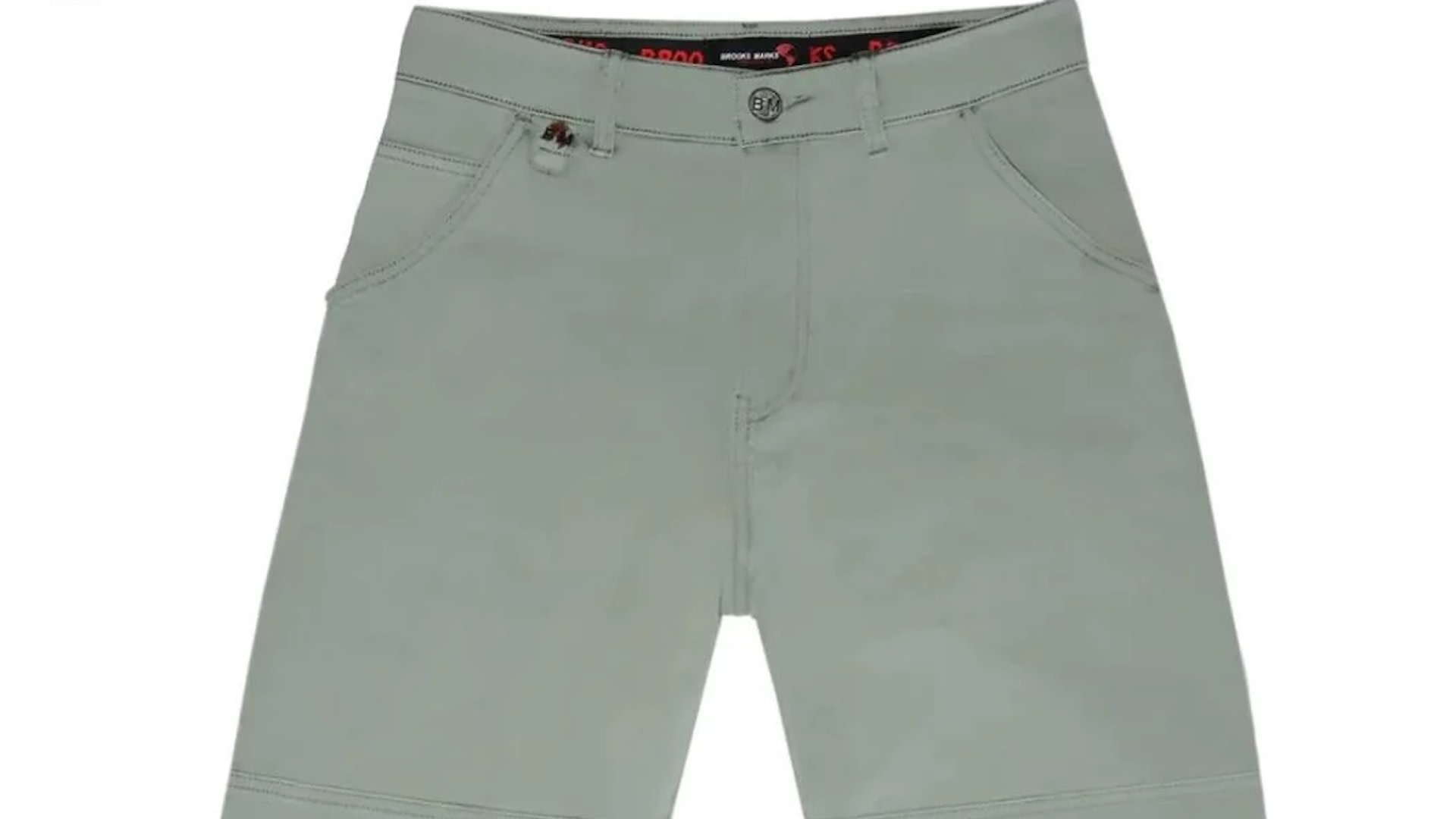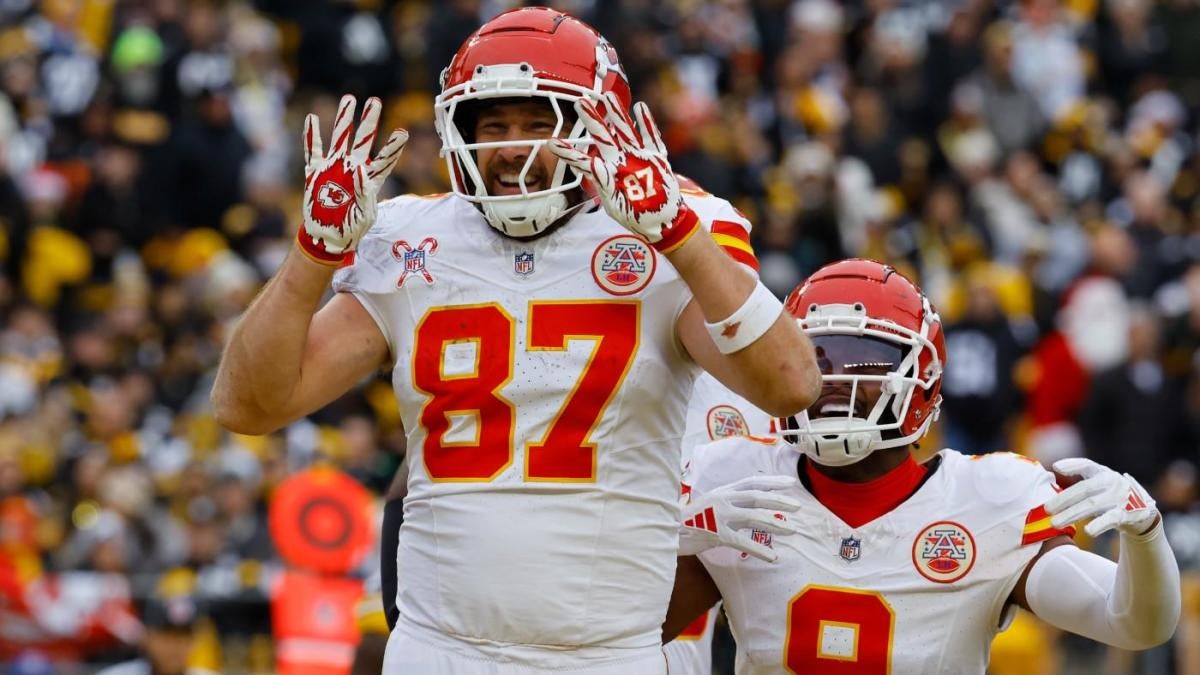World
For Gray Maynard, better world for fighters is biggest UFC antitrust case dream

All things considered, Gray Maynard is in a good place for a former fighter.
The two-time UFC lightweight title challenger always had a Michigan State college degree in his back pocket, even if mixed martial arts hadn’t turned him into a recognizable headlining act during a boom period for the promotion over his 20-fight tenure with the promotion. He owns and operates Primed Combat, an MMA and fitness gym barely 15 minutes from the alma mater in Lansing, Mich., where he was a three-time All-American wrestler in 2001-03.
Importantly, for a man who absorbed 679 significant strikes over an 11-year UFC career (per UFC Stats), he says he’s in good health. Some of his peers among the relatively small group of men and women who competed for the global MMA behemoth back in his day can’t say the same.
“I know a lot of fighters who are struggling right now, past fighters who are retired, and they’re struggling seriously … financially and health wise,” Maynard said this week during a phone call with The Post. “A lot of guys didn’t go to college, just jumped right into [MMA]. … There’s a lot of them that we haven’t even heard of.”
It is those people who Maynard thought of first when, while discussing the ongoing UFC antitrust lawsuits, asked what his preferred outcome — if just one was available — would be when the dust settles: financial restitution for athletes past and present or injunctive relief to force the promotion to alter its business model.
You see, two separate cases against the UFC are in progress: Le v Zuffa, a class action lawsuit that has been slowly grinding its way through the courts for nearly a decade and nearly went to trial in April aiming at money for its more than 1,200 plaintiffs; and Johnson v Zuffa, a three-year-old lawsuit still many years away from trial which primarily targets injunctive relief intended to benefit athletes both now and in the future.
Maynard let out a cackle at the Sophie’s choice scenario: “Good question. That’s a tough one.” Ultimately, his preference is that, in any result, he’d “like to see both past, present and future get help.”
At least a portion of that wish nearly came true when it was announced in March that the UFC and plaintiffs in both cases settled for $335 million.
Then U.S. District Judge Richard Boulware yanked the rug out from everyone — the plaintiffs and the UFC alike — and rejected the preliminary settlement late Tuesday night. No explanation was provided at the time nor has one arrived yet, though one was promised to come … eventually.
Both sides, through statements released Wednesday, have expressed a willingness to reconvene at the bargaining table with a looming Oct. 28 trial date for Le and discovery on the horizon in Johnson.
What would satisfy the court and Boulware remains a mystery. The nine-figure payout — which lacked injunctive relief — certainly didn’t. The judge clearly was uninspired by the plaintiffs’ counsel during a July 12 status conference in Las Vegas selling the him on the financial breakdowns: nearly $200 million net recovery for Le plaintiffs; $200,000 average per athlete; $73,000 median; 500 individuals netting in excess of six figures; 36 reachinging seven figures. His demeanor that day absorbed some shock from this week’s otherwise stunning development.
When word of the settlement hit in the spring, Maynard’s initial reaction was that it was “kind of good and bad.”
“Well, you know, at least it’s over,” said Maynard, referring to the good from the exhausting legal tug-of-war before getting to his concerns. “Usually, in my understanding, any time there’s a settlement, it’s the people that do the settling don’t want to go to trial, and there’s probably a reason for that. Sometimes, it’s [that] they just don’t want the information coming out, and that could possibly be the reason here.”
Myriad motivations could have been at play, including one that has reentered the equation now that the settlement is kaput: The UFC could be compelled by the court to pay the plaintiffs in Le well in excess of $1 billion, or the plaintiffs could go home empty-handed. That would be for a jury to decide, rather than the moderation that brought the two sides together in the first place for the price of roughly one-third of a billion.
Over the course of a 15-minute chat, money he stood to gain wasn’t on Maynard’s tongue, be it from the settlement or how much or little he was paid during his fighting days. He competed nine times between Dec. 16, 2010, and June 30, 2017, the period covered by Le. His first two fights from that stretch: a pair of action-packed title fights against Frankie Edgar that resulted in a draw and a loss in January and October 2011, respectively.

Both times, Maynard crushed the champion in the first round — delivering in the draw one of the most one-sided 5-minutes in the history of MMA — before Edgar stormed back and eventually earned a knockout in what was their last of three clashes overall. (The two first faced off as up-and-comers, with Maynard winning). The challenger was paid a disclosed (by the Nevada State Athletic Commission) $26,000 in show money and an announced Fight of the Night bonus of $60,000 for putting on 2011’s eventual fight of the year on New Year’s Day. Maynard added in a 2020 post on X (formerly Twitter) that he also was paid $100,000 in what he said was more akin to “hush money” than a bonus.
By Maynard’s final MMA fight — a loss to Nik Lentz in October 2018 that solidified his ledger at 13 wins, seven losses, one draw and one no-contest after entering 2011 at 10-0 (1 NC) — his base pay was listed at $54,000 to show, per NSAC.
Nevada changed its policy on combat sports fight purse disclosures during the pandemic, just in time for the UFC to host the vast majority of its events for nearly a year at its UFC Apex facility in Vegas and avoid the win/show breakdown of nearly its entire roster to become public knowledge. UFC on ESPN: Cannonier vs. Imavov on June 8 is the most recent of a dwindling number of events from which state commissions disclosed fight purses, revealing that nine fighters earned more than $54,000 in disclosed show money alone (per the Kentucky Boxing and Wrestling Commission). Only two, Jared Cannonier and Dominick Reyes, had previously competed for UFC gold; Reyes alone matched Maynard’s two unsuccessful title challenges.
If Maynard was only pulling mid-five figures at (disclosed) maximum as a four-time headliner — twice on pay-per-view — one can imagine the sort of contracted pay the bulk of fighters were pulling in from less recognizable or successful positions in the sport.
Money from a settlement as high as the one Boulware rejected this week would go a long way to helping plenty of those fighters who deserved more but — as the plaintiffs allege — struggled to attain it in part due to the unfair playing field the UFC created.
They’ll get nothing if a jury doesn’t see things as much in the plaintiffs’ favor as Boulware appears to, and anything they gain could be tied up or wiped out on appeal.
Perhaps a Le settlement suitable to Boulware can be arranged, allowing Johnson to push forward separately and kicking the can down the road, and numerous ex-fighters can get a little (or even a whole lot of) financial relief.
Maynard, 45, recognizes the comparatively comfortable spot he’s in, which allows his focus to point to the hope of a better world for those who’ve walked in his shoes — or without them, once entering the octagon. Injunctive relief certainly appeals to him. Adding protections for mixed martial artists in the Muhammad Ali Act that affected the boxing world has his full support as well.
“At the end of the day, I could walk away from all of this, and [if] nothing happens, I’m pretty decent,” Maynard says. “I got my health, college degree, whatever it is. But having gone through it, you want to see change.”
Change will have to wait. So too, now, does a financial assist to the fighters who sure could use it.









